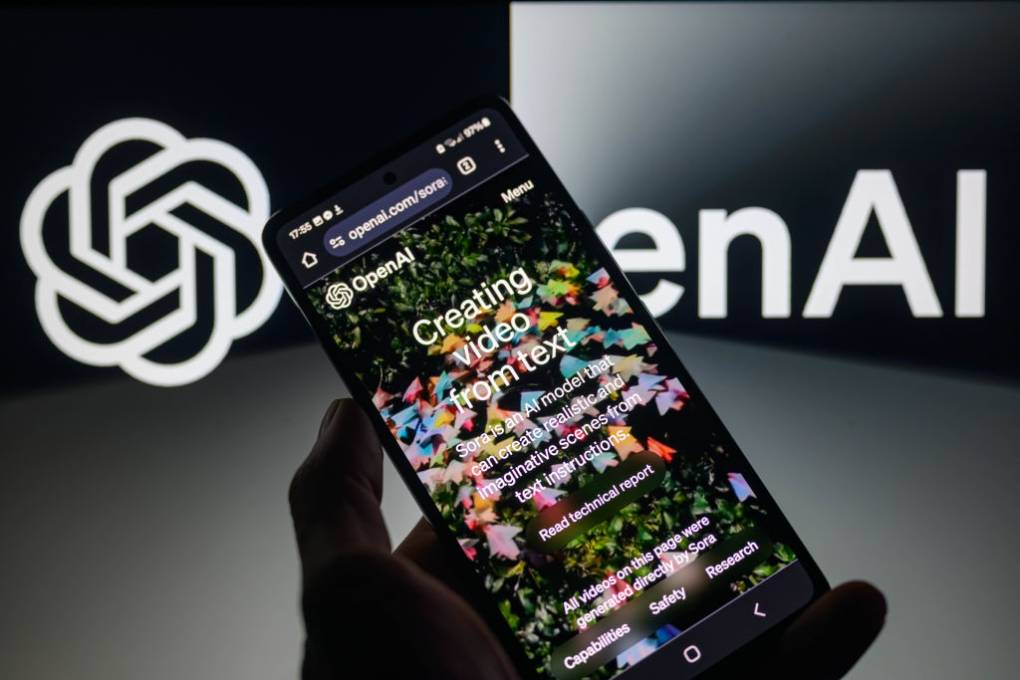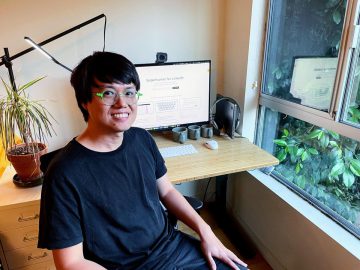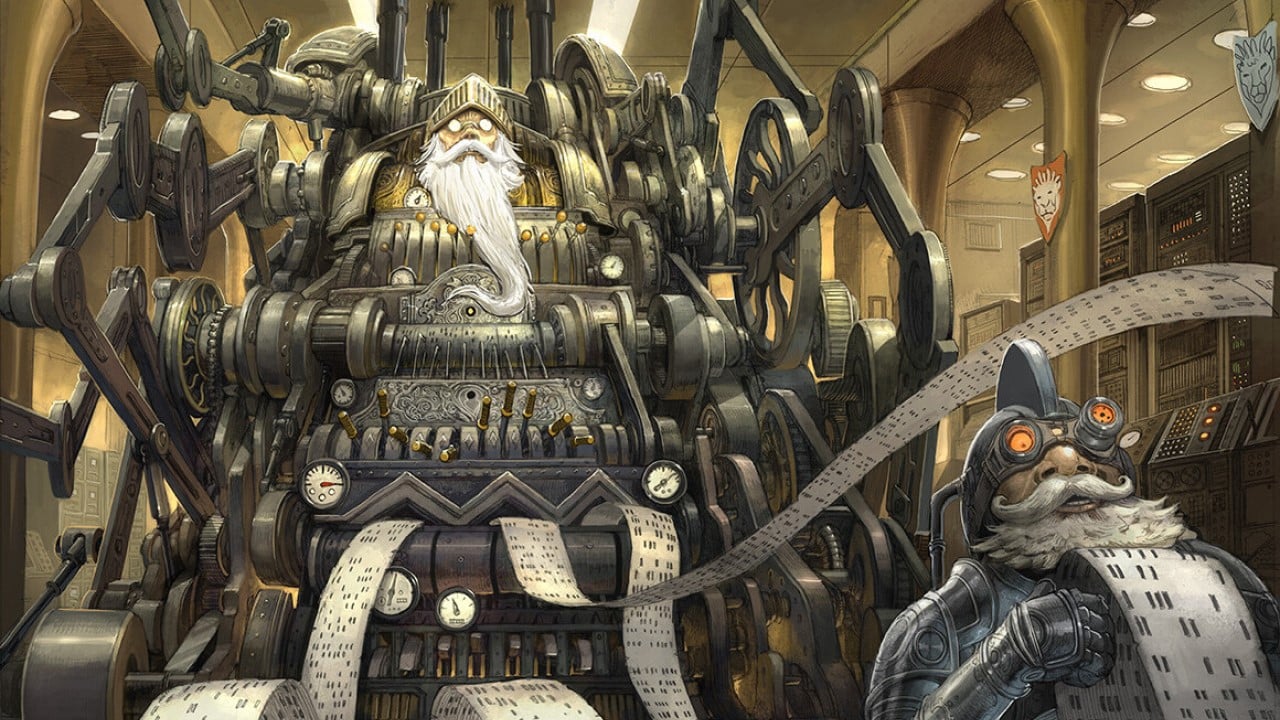With strong privacy laws already in place, California is in a better position to enact impactful regulations than other states with large AI interests, such as New York, said Tatiana Rice, deputy director of the Future of Privacy Forum, a nonprofit that works with lawmakers on technology and privacy proposals.
“You need a data privacy law to be able to pass an AI law,” Rice said. “We’re still kind of paying attention to what New York is doing, but I would put more bets on California.”
California lawmakers said they cannot wait to act, citing hard lessons they learned from failing to reign in social media companies when they might have had a chance. But they also want to continue attracting AI companies to the state.
Here’s a closer look at California’s proposals:
Fighting AI discrimination and building public trust
Some companies, including hospitals, already use AI models to define decisions about hiring, housing and medical options for millions of Americans without much oversight. Up to 83% of employers are using AI to help in hiring, according to the U.S. Equal Employment Opportunity Commission. How those algorithms work largely remains a mystery.
One of the most ambitious AI measures in California this year would pull back the curtains on these models by establishing an oversight framework to prevent bias and discrimination. It would require companies using AI tools to participate in decisions that determine results and to inform people affected when AI is used. AI developers would have to routinely make internal assessments of their models for bias. And the state attorney general would have authority to investigate reports of discriminating models and impose fines of $10,000 per violation.
AI companies also might soon be required to start disclosing what data they’re using to train their models.
Protecting jobs and likeness
Inspired by the months-long Hollywood actors strike last year, a California lawmaker wants to protect workers from being replaced by their AI-generated clones — a major point of contention in contract negotiations.
The proposal, backed by the California Labor Federation, would let performers back out of existing contracts if vague language might allow studios to freely use AI to digitally clone their voices and likeness. It would also require that performers be represented by an attorney or union representative when signing new “voice and likeness” contracts.
California may also create penalties for digitally cloning dead people without the consent of their estate, citing the case of a media company that produced a fake, AI-generated hourlong comedy special to recreate the late comedian George Carlin’s style and material without his estate’s permission.
Regulating powerful generative AI systems
Real-world risks abound as generative AI creates new content such as text, audio and photos in response to prompts. So lawmakers are considering requiring guardrails around “extremely large” AI systems that have the potential to spit out instructions for creating disasters — such as building chemical weapons or assisting in cyberattacks — that could cause at least $500 million in damages. It would require such models to have a built-in “kill switch,” among other things.
The measure, supported by some of the most renowned AI researchers, would also create a new state agency to oversee developers and provide best practices, including for still-more powerful models that don’t yet exist. The state attorney general also would be able to pursue legal actions in case of violations.




